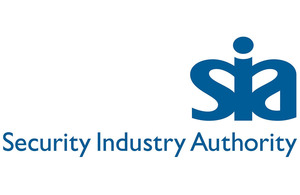Thousands of teenagers missing out on Child Trust Fund cash
HM Revenue and Customs (HMRC) is today urging young people to check if they have a hidden pot of gold – in the shape of a Child Trust Fund (CTF).
It is now one year since the first account holders started turning 18 and around 55,000 CTFs mature every month. This means their owners can withdraw funds or transfer savings into an adult ISA. Hundreds of thousands of accounts have been claimed so far, but many have not.
CTFs were set up for all children born between 1 September 2002 and 2 January 2011 with a live Child Benefit claim. Parents or guardians set up these accounts with Child Trust Fund Providers – usually banks, building societies or investment managers – using vouchers provided by the government. If an account was not opened by the child’s parent, HMRC set one up on the child’s behalf.
Between 2002 and early 2011, about 6 million CTFs were opened by parents or guardians, with a further million set up by HMRC.
Economic Secretary to the Treasury, John Glen, said:
It’s fantastic that so many young people have been able to access the money saved for them in Child Trust Funds but we want to make sure that nobody misses out on the chance to invest in their future.
If you’re unsure if you have an account or where it may be, it is easy to get help from HMRC to track down your provider online.
Some young people may not know they have a CTF – or some parents or guardians may have forgotten who they set the account up with. To help them find their accounts, HMRC created a simple online tool.
Any young people unsure about whether or not they have a CTF should first ask a parent or guardian if they remember setting one up. Once they know who their provider is, they should contact them directly – and either request to withdraw the money or transfer the funds into an adult ISA or other savings account.
For those who cannot access the tool, HMRC will provide alternative, non-digital routes to finding a CTF provider upon request. HMRC will send details of the provider by post within three weeks of receiving their request.
The accounts were set up to encourage positive financial habits and a saving culture among the young account holders. HMRC is working with the Money and Pension Service and the CTF providers to continue to provide financial education to the beneficiaries. At 16 years, a child can choose to operate their CTF account or have their parent or guardian continue to look after it, but they cannot withdraw the funds. At 18 years of age, the CTF account matures and the child is able to withdraw money from the fund or move it to a different savings account.


